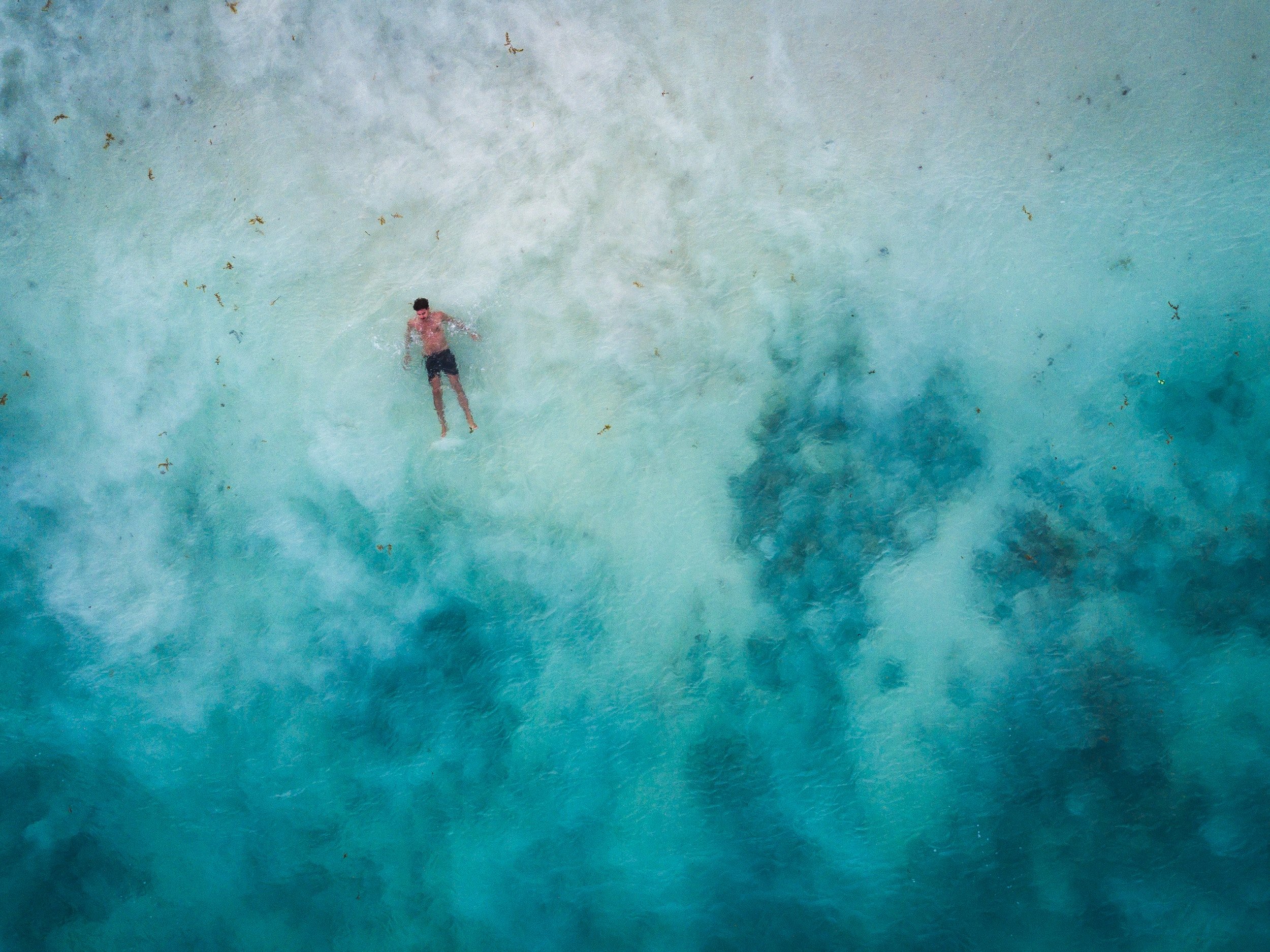Microplastics and nanoplastics pose serious environmental concerns due to their potentially harmful effects on ecosystems and wildlife. This World Environment Day (June 5th), let us pledge to protect our environment by reducing plastic use.
Tiny pieces of plastic called microplastics, less than 5 millimeters in size, are ubiquitous. They can be carried by the wind and are found in distant places such as mountains and polar regions.
Even scarier, these fragments are even in the food we eat and the water we drink.
How do microplastics enter and affect our environment?
Microplastics enter the environment when plastic materials are manufactured or broken down into smaller fragments. Due to their small size, they are easily carried by wind and water. therefore, Microplastics are everywhereas in oceans, rivers, and even the air we breathe.
“Microplastics are also a problem, especially in the oceans, because they are easily ingested by organisms,” said Paul Anastas, director of the Green Chemistry Center at Yale University. Sustainability at Yale website. “When fish or invertebrates absorb these microplastics by eating them, they can develop health problems such as severe disruption or wear and tear of their digestive tracts, which can be fatal.”
How do they harm humans?
Tiny pieces of plastic are all around us.We can accidentally inhale them and swallow them with our food and water, or they can be absorbed into our bodies through the skin, according to News – Medical.net.
Environmentalists have expressed concern about the potential health risks associated with microplastics. Microplastics, as harmful as asbestos fibers, are believed to have the ability to cause lung inflammation and possibly cancer.
how to deal with threats
This is an ongoing threat, and while it is almost impossible to completely avoid microplastics, the risk of their transmission and ingestion can be reduced by making changes in our daily lives, such as choosing filtered tap wateravoid wearing chemical fiber clothing, and minimize the use of exfoliants that contain microbeads.
Plus, switching to plant-based, biodegradable alternatives can spread the danger somewhat.
“Right now, there are greener plastics being introduced, but people are not yet familiar with them,” Anastas said. “A lot of these new plant-based, biodegradable products are similar to the natural polymers you find in trees and leaves and grass. You need to know they’re there and require them in your products.”
This World Environment Day, let us pledge to protect our environment through our efforts Curb Plastic Pollution. You can implement a ban on single-use plastics and replace everyday items that contain microplastics with sustainable alternatives.
Here are some thought-provoking quotes that remind us that today’s conveniences can have devastating consequences for future generations. (polite: bliss net)
- “No amount of money will save us if we pollute the air, water and soil that keep us alive and healthy, and destroy the biodiversity that makes natural systems work.” – David Suzuki
- “It’s not right to make billions of objects that are used in minutes and then stay with us for centuries.” – Roz Savage
- “Water and air, the two basic fluids on which life depends, have become global trash cans.” – Jacques-Yves Cousteau
- “I only get angry when I see waste. When I see people throw away things we could use.” -Mother Teresa

Spencer Watson/Unsplash
Published by Medicaldaily.com


